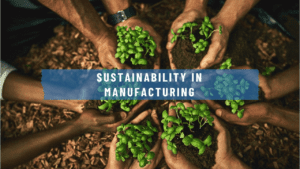Kenya’s beauty and personal care industry is undergoing transformation, driven by the rise of homegrown brands and the shifting preferences of local consumers.
Once heavily reliant on imported products, the sector is now experiencing a surge in local innovation, with Kenyan manufacturers developing products that are tailored to the unique needs of African skin and made with locally sourced ingredients engineered by science.
Indeed, for many years, Kenyan consumers relied on international beauty products to meet their skin care needs. As a result, global beauty giants, promising smooth, radiant skin, became trusted household names.
However, as awareness of the benefits of locally-sourced ingredients grows, so has the demand for African-made beauty products.
Local manufacturers have seized the opportunity to create formulations that are specifically designed for African skin and address the diverse needs of the population.
These products often feature natural African ingredients, which are indigenous to the continent and used for centuries for their healing properties.
For many consumers, using such ingredients creates a deeper connection to their heritage, adding authenticity to their beauty routines.
This growing recognition of heritage ingredients in beauty and personal care products is gaining attention beyond Kenya, reflected in the country’s annual export of over Ksh2 billion ($ 15.46million) in beauty products, according to the Observatory of Economic Complexity.
Additionally, products like natural soaps are now increasingly regarded as a safe, effective and affordable solution for skin ailments, which is particularly important for the 4 in 10 Kenyans who suffer from such conditions.
As a result, these products, which held a 10 percent market share three years ago, are expected to double to 20 percent by the end of this year, according to the Kenya Natural Soap Market & Industry Report 2022, by Research and Markets, an international market research and data firm.
Meanwhile, as the market for locally made beauty and personal care products expands, brands are realising the growing importance of showcasing their commitment to sustainability.
It is envisioned that brands that will thrive into the future are those that are currently aligning their strategies with sustainability, according to McKinsey.
With increasing awareness of the environmental impact of everyday products, consumers are now more likely to support companies that prioritise eco-friendly practices and initiatives.
Looking to the future, the beauty and personal care industry in Kenya is poised for continued growth.
On this path, local manufacturers will be compelled to push the boundaries of innovation while maintaining a strong connection to the cultural and natural heritage of the country.



